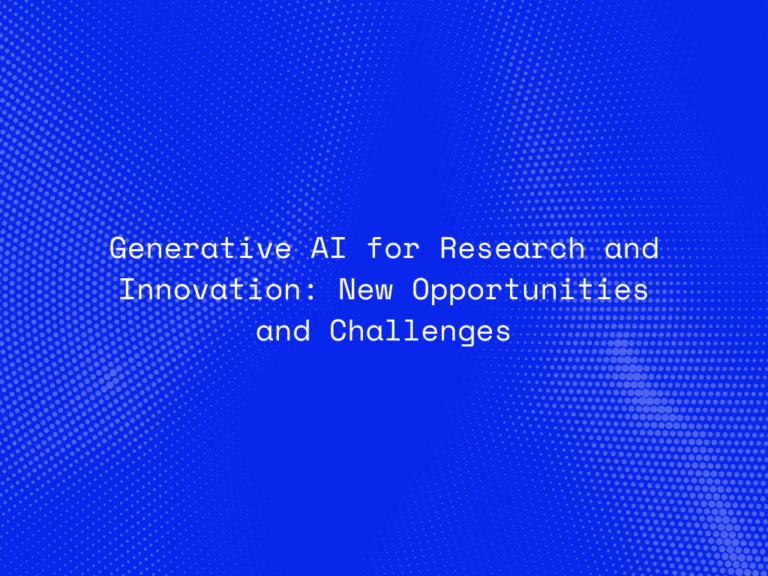Machine learning (ML) has become a cornerstone of modern business innovation, but deploying and managing ML models in production presents significant challenges. Enter MLOps (Machine Learning Operations)—a practice combining machine learning, DevOps, and data engineering to streamline the deployment, monitoring, and maintenance of ML systems. This blog explores how MLOps can revolutionize ML workflows, enabling businesses to achieve efficiency, scalability, and reliability in their AI initiatives.
What is MLOps?
MLOps is a set of practices and tools designed to:
- Automate the lifecycle of ML models, from development to deployment.
- Ensure consistent model performance through monitoring and updates.
- Bridge the gap between data scientists, engineers, and IT teams to improve collaboration.
By integrating MLOps, businesses can reduce the time-to-market for ML solutions and optimize the entire ML pipeline.
Key Benefits of MLOps
-
Streamlined Deployment:
Automating deployment processes ensures that models move from development to production faster, minimizing delays. -
Scalability:
MLOps frameworks handle increased workloads and growing datasets seamlessly, enabling organizations to scale their ML systems. -
Model Monitoring:
Continuous monitoring ensures that models perform consistently and adapt to changing data distributions, avoiding issues like model drift. -
Improved Collaboration:
MLOps fosters collaboration across teams, aligning data science and engineering efforts for more efficient workflows. -
Compliance and Security:
Ensures that ML systems adhere to data privacy regulations and maintain robust security protocols.
MLOps Workflow: Step-by-Step
-
Model Development:
Data scientists build and train models using tools like TensorFlow or PyTorch, ensuring reproducibility with version control tools like Git. -
CI/CD for ML:
Continuous Integration/Continuous Deployment (CI/CD) pipelines automate testing, validation, and deployment of ML models. -
Model Deployment:
Models are deployed into production environments using containerization tools like Docker and orchestration platforms like Kubernetes. -
Monitoring and Feedback:
Real-time monitoring tools detect performance anomalies, while feedback loops enable iterative model improvements. -
Model Retraining:
Regular retraining ensures that models stay relevant as data evolves, maintaining their accuracy and utility.
Challenges in MLOps Implementation
-
Cross-Team Collaboration:
Misalignment between data science and IT teams can slow MLOps adoption. -
Tool Complexity:
The MLOps ecosystem includes a vast array of tools, requiring careful selection and integration. -
Cost and Resources:
Setting up MLOps infrastructure demands significant investment in cloud resources, tools, and expertise. -
Ensuring Data Quality:
Reliable MLOps systems rely on high-quality data. Addressing data inconsistencies is crucial for success.
Tools and Platforms for MLOps
- Version Control Systems: Git, DVC (Data Version Control)
- CI/CD Pipelines: Jenkins, GitLab CI, Azure DevOps
- Orchestration: Kubernetes, Apache Airflow
- Model Monitoring: MLflow, Prometheus
- Cloud Platforms: AWS SageMaker, Google Vertex AI, Azure ML
Future of MLOps
-
AutoMLOps:
Automating the setup and management of MLOps pipelines to simplify adoption for businesses. -
Integration with Edge AI:
MLOps frameworks tailored for edge devices to support real-time ML applications. -
AI-Augmented MLOps:
Using AI to enhance MLOps processes, like identifying performance bottlenecks and suggesting optimizations.
Conclusion:
MLOps is no longer optional for organizations aiming to deploy ML models at scale. By automating workflows, improving collaboration, and ensuring model reliability, MLOps transforms how businesses leverage AI. Investing in MLOps today will position companies for sustained success in a competitive, data-driven world.




